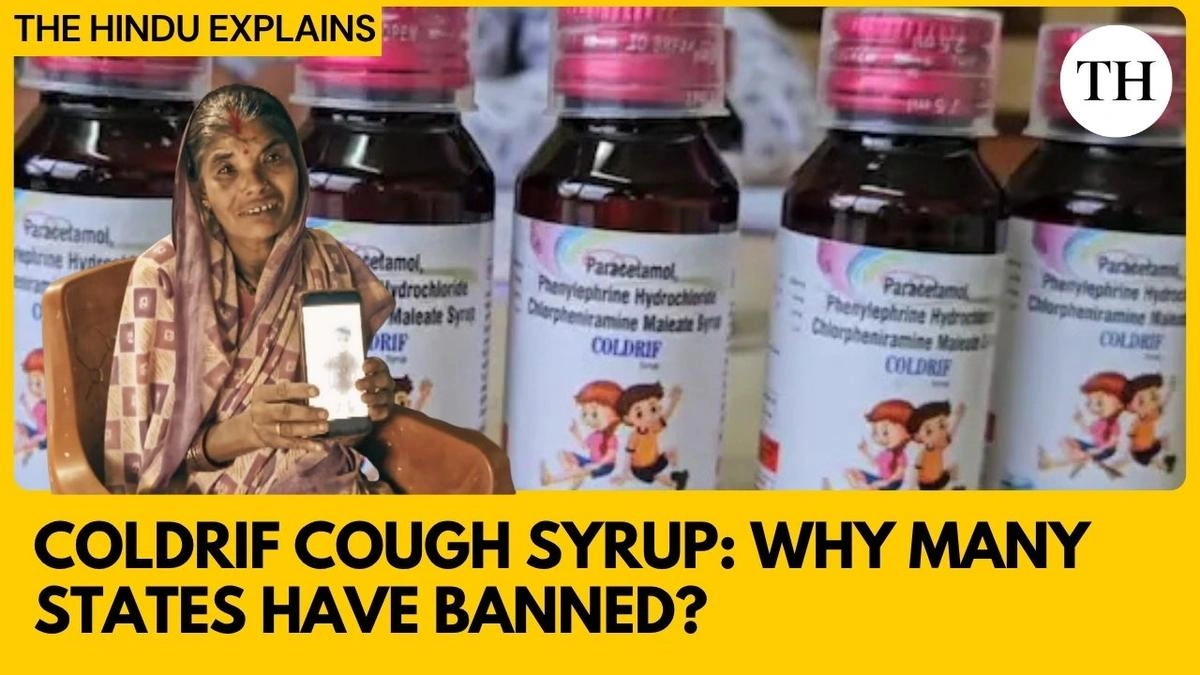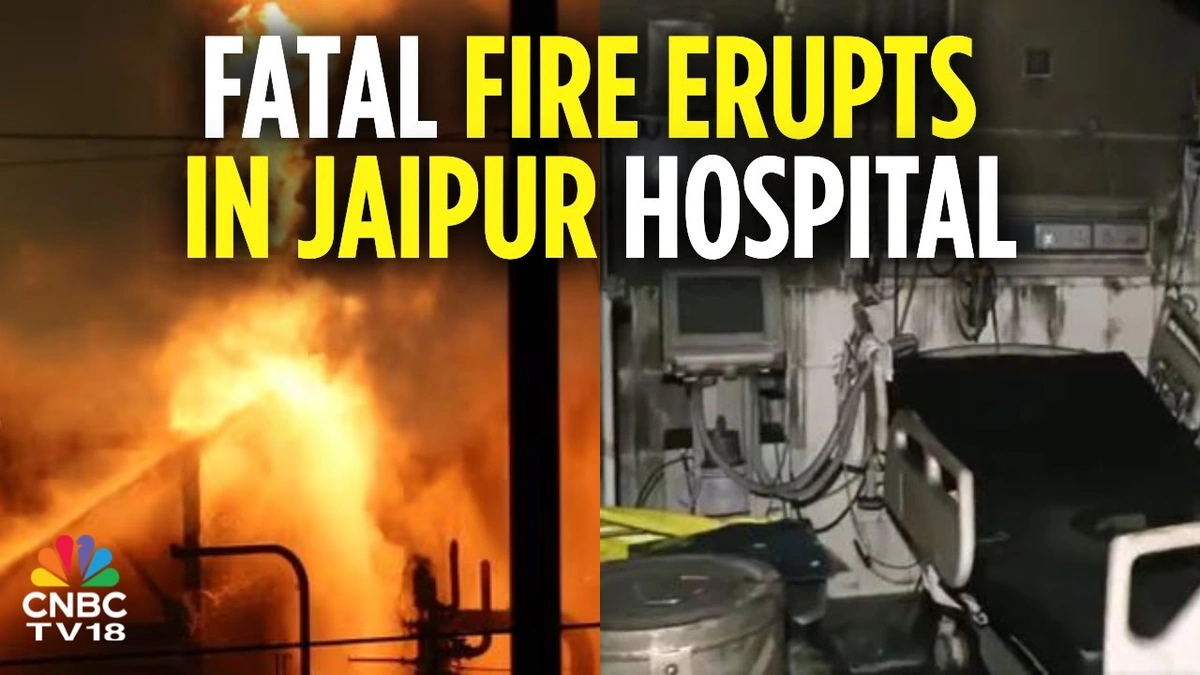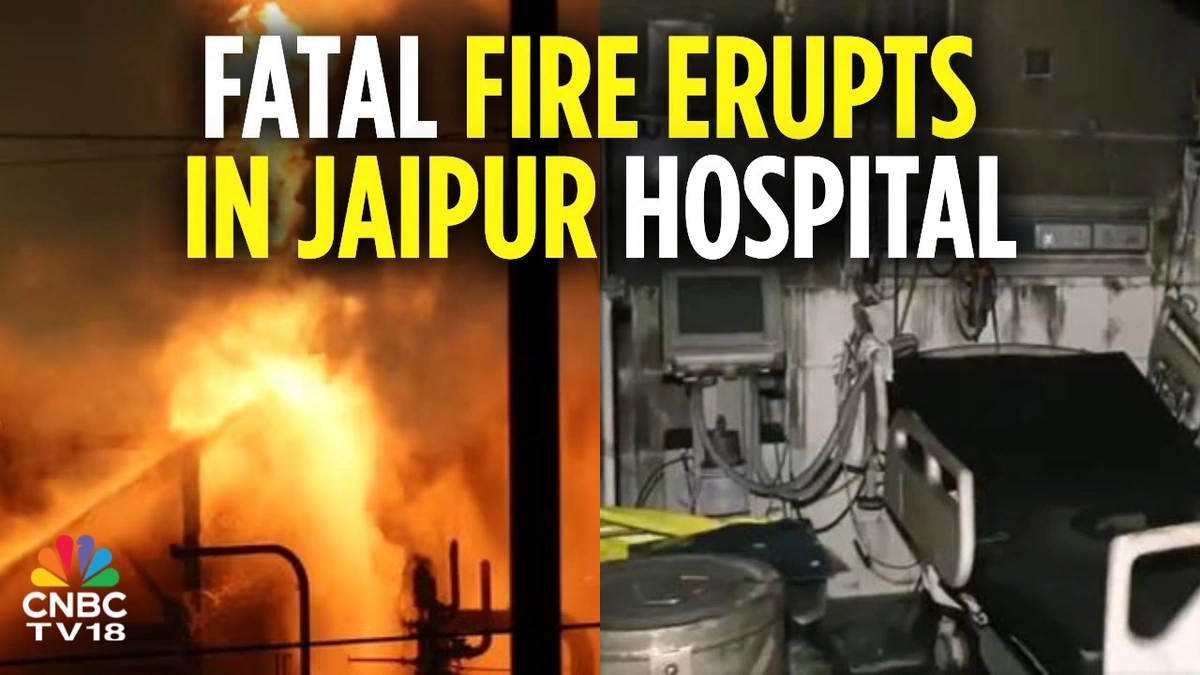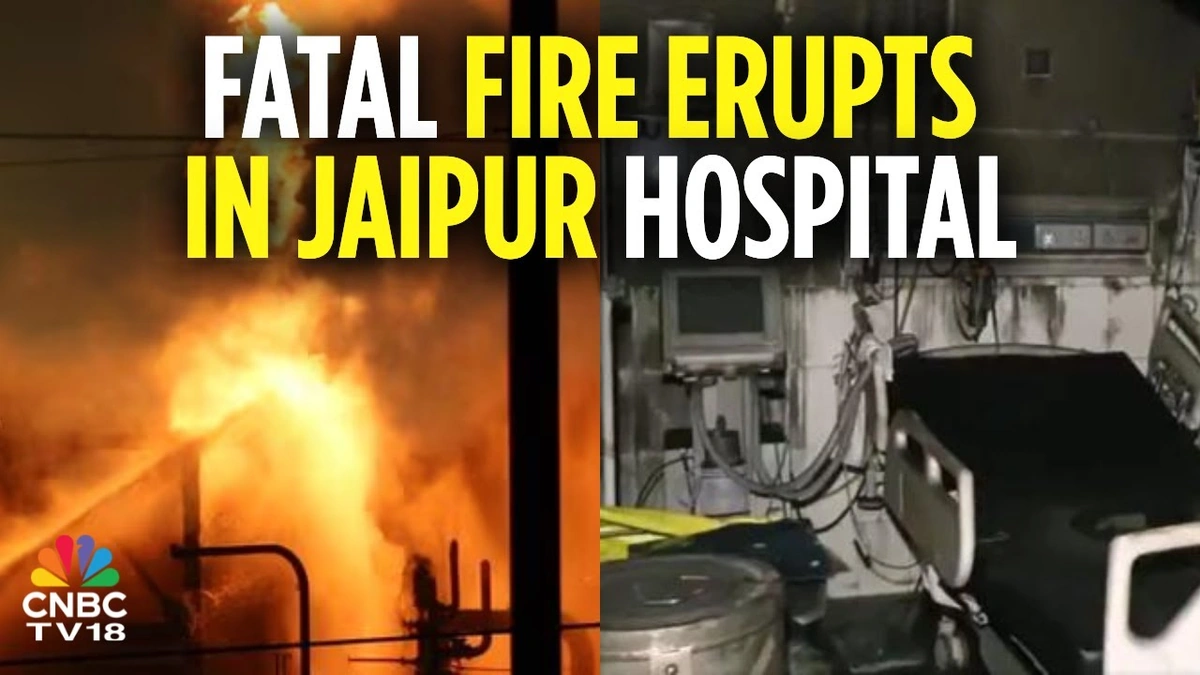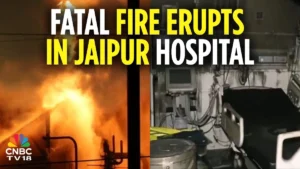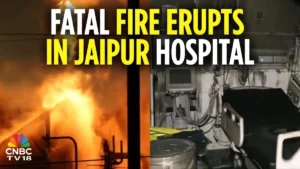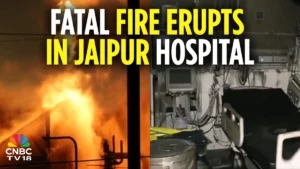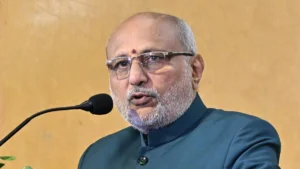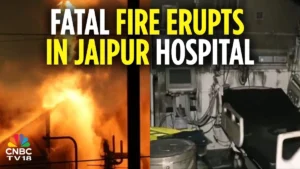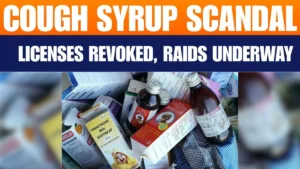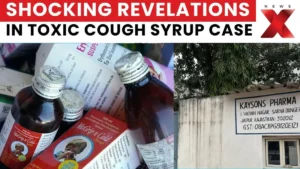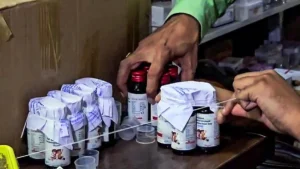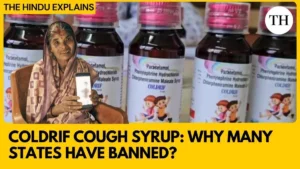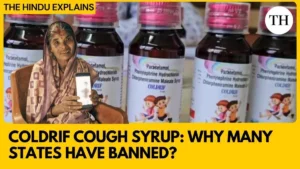Karnataka Government Increases Cough Syrup Vigilance Following Child Deaths in Madhya Pradesh and Rajasthan
Something’s brewing in Karnataka’s medical circles, and it’s not your average cup of chai. Following the deeply disturbing reports of child deaths linked to cough syrups in Madhya Pradesh and Rajasthan, the Karnataka government is significantly ramping up its vigilance. But why now? And what does this mean for us, the consumers, and especially our kids? Let’s dive into the ‘why’ behind this crucial decision, because trust me, it’s more than just a headline.
The Ripple Effect | Why These Deaths Matter Nationally
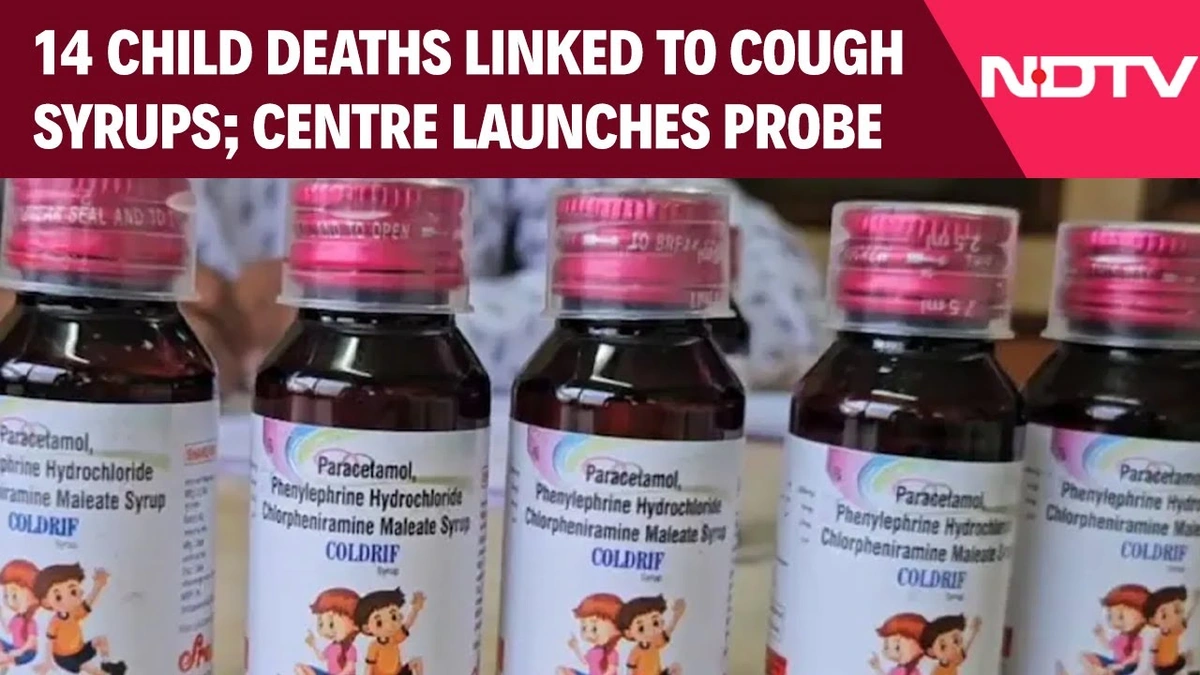
Okay, let’s be honest. When we hear about tragedies in other states, there’s a natural tendency to think, “That’s terrible, but it’s happening somewhere else.” But the reality is, in a country as interconnected as India, the failures of one state’s healthcare system can have repercussions everywhere. The recent child deaths linked to contaminated cough syrups aren’t isolated incidents; they’re a glaring red flag about the quality control and regulatory oversight of pharmaceuticals across the nation. And that’s why Karnataka is acting.
Think of it like this: if one restaurant in a chain is found to have contaminated food, do you only avoid that one restaurant? No, you start questioning the entire chain. The government action in Karnataka is essentially a preemptive strike a way to reassure its citizens that their health is a priority, and that lessons are being learned from the tragedies elsewhere. It’s about preventing a similar catastrophe from happening on their own soil.
Decoding the Government’s Playbook | What Increased Vigilance Really Means
So, what does “increased vigilance” actually entail? It’s not just a vague promise. It involves a multi-pronged approach, and here’s where it gets interesting. Expect to see:
- Stricter inspections of pharmaceutical manufacturing units: This is crucial. It’s about ensuring that manufacturers adhere to the highest standards of quality control and that they’re not cutting corners.
- Enhanced sampling and testing of cough syrups: The government will likely be taking more samples from pharmacies and hospitals to test for contaminants and ensure that the drug formulations are what they claim to be.
- Increased awareness campaigns for parents and healthcare providers: Education is key. Parents need to be aware of the potential risks associated with certain cough syrups and know what to look for. Healthcare providers need to be vigilant in prescribing and dispensing these medications.
- Tighter regulations on the import and export of pharmaceutical ingredients: A lot of the raw materials used to make medicines in India are imported. Tighter regulations can help prevent substandard or contaminated ingredients from entering the supply chain.
But here’s the thing: even with all these measures, the system isn’t foolproof. That’s why it’s important for us, as consumers, to be informed and proactive.
How to Protect Your Family | A Practical Guide for Concerned Parents
Let’s be real, reading about child deaths is terrifying for any parent. So, what can you do to minimize the risk? Here’s a step-by-step guide:
- Consult a doctor: Before giving your child any medication, even something as seemingly harmless as cough syrup, talk to your doctor. Don’t self-medicate, especially with infants and young children.
- Read the label carefully: I know, it seems obvious, but really read the label. Check the ingredients, dosage instructions, and expiry date. If anything is unclear, ask your pharmacist or doctor.
- Be wary of unfamiliar brands: Stick to reputable brands that you trust. If you’re unsure about a particular brand, do some research online.
- Report any adverse reactions: If your child experiences any unusual symptoms after taking cough syrup, stop giving it to them immediately and consult a doctor. Report the incident to the appropriate authorities.
And remember: sometimes, the best treatment for a cough is simply rest, hydration, and a little bit of TLC. Don’t automatically reach for the over-the-counter medications . Consider home remedies, like honey and lemon, but always consult a doctor if you’re concerned.
Beyond the Immediate Crisis | The Long-Term Implications
The Karnataka government’s increased vigilance is a good start, but it’s not a long-term solution. What’s really needed is a systemic overhaul of the pharmaceutical industry in India. This includes:
- Strengthening regulatory bodies: The agencies responsible for overseeing the pharmaceutical industry need to be adequately staffed, funded, and empowered to do their jobs effectively.
- Increasing transparency: The public needs to have access to information about the safety and efficacy of medicines. This includes making the results of drug testing publicly available.
- Holding manufacturers accountable: Companies that produce substandard or contaminated medicines need to be held accountable for their actions. This includes levying hefty fines and, in some cases, pursuing criminal charges.
And it’s not just about the government. We, as consumers, also have a role to play. We need to demand higher standards from the pharmaceutical industry and hold them accountable when they fail to meet those standards. Our collective voicecan make a difference.
FAQ | Your Burning Questions Answered
What specific ingredients in cough syrups are causing concern?
While the exact contaminants vary, common culprits include diethylene glycol (DEG) and ethylene glycol (EG). These are toxic chemicals that can cause kidney failure and death.
How can I tell if a cough syrup is safe?
Unfortunately, you can’t always tell just by looking at the label. The best thing to do is to consult your doctor or pharmacist and stick to reputable brands.
What should I do if I suspect a drug safety issue?
Report it to the Central Drugs Standard Control Organisation (CDSCO), the national regulatory body for pharmaceuticals and medical devices in India.
Is there a list of banned cough syrups I can refer to?
The CDSCO often issues alerts and recalls for specific products. Check their website regularly for updates. Your local pharmacist should also be aware of any recalls.
What are the alternatives to cough syrups for children?
Honey (for children over one year old), saline nasal drops, and steam inhalation are often effective alternatives. Always consult your doctor for personalized advice.
So, the Karnataka government’s move is a wake-up call, not just for the state, but for the entire nation. It’s a reminder that we can never be too vigilant when it comes to the health and safety of our children. It’s a complex issue with no easy answers – but understanding the ‘why’ behind the headlines is the first step towards creating a safer, healthier future for everyone. This also makes sure that the drug control is managed.
